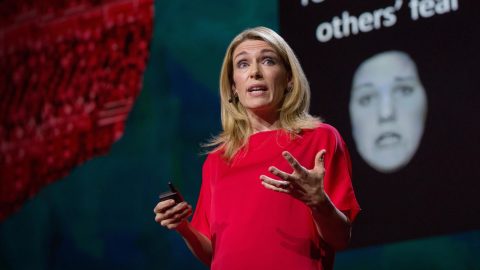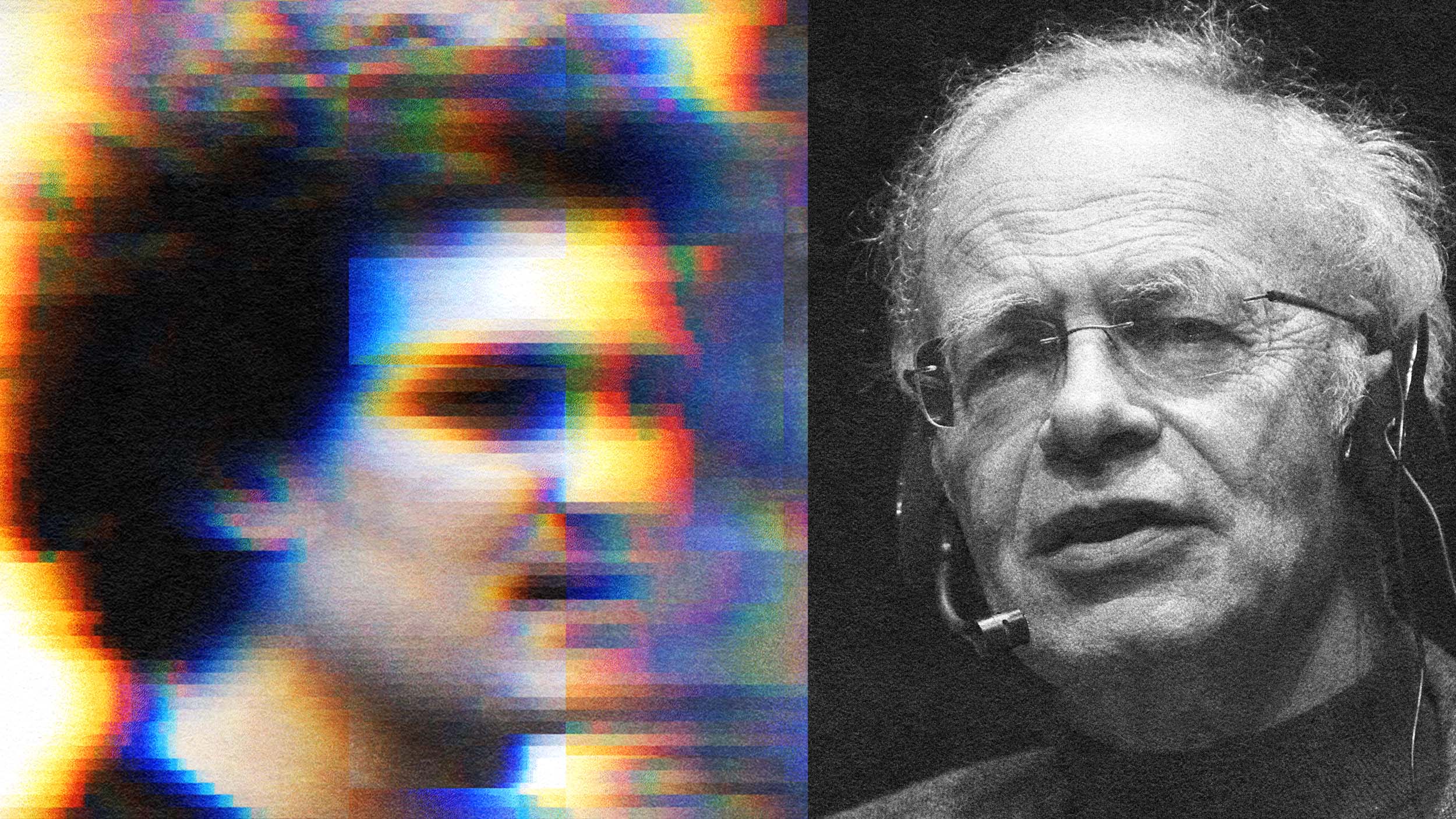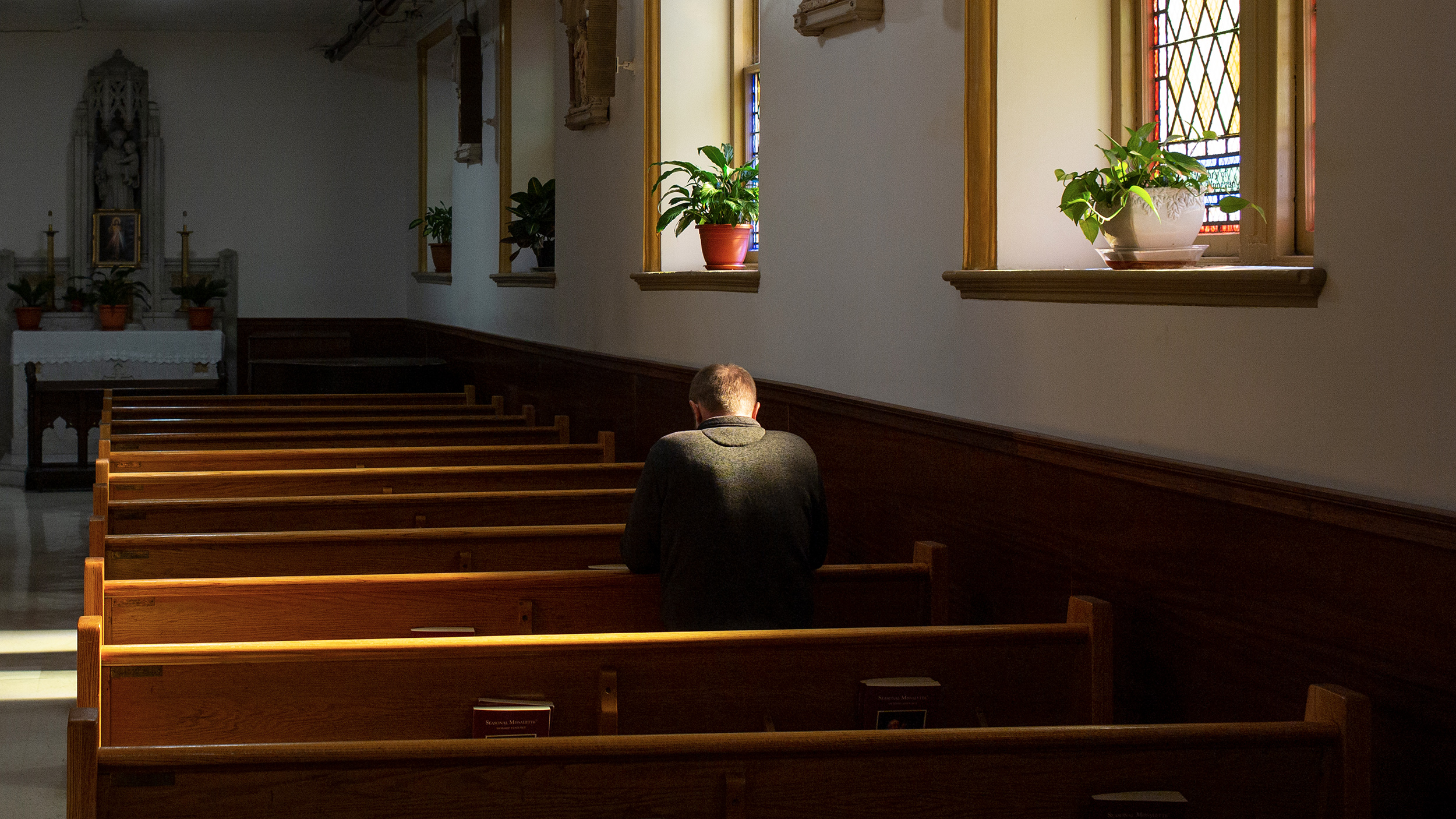Extraordinary altruism: Would you risk your life for a stranger?

In the wake of natural disasters—Hurricanes Harvey and Irma, devastating floods in South Asia, a deadly earthquake in Mexico, and more—people tend to rise to the occasion. From near, they paddle their canoes down flooded streets to help their neighbors. From afar, they send supplies, donate funds, or even rush to the scenes to help.
They help, in some cases, at significant risk to themselves. Two volunteer rescuers drowned last month in Houston when their boat crashed, sending the men plunging into Harvey’s rushing floodwaters. One, Alonso Guillén, “died wanting to serve,” his brother told The Washington Post. “He could have stayed home watching the news on television, but he chose to go help.”
But why do people choose to go help?
Most people express altruism, at least in limited ways. But people like Guillén, who risk their lives to help strangers, with no expectation of anything in return, are engaging in what scientists call acts of “extraordinary altruism.”
It’s a remarkable character trait, and since today, September 13, is Character Day—dedicated to “exploring the science of character, meaning and purpose“—we thought we’d take a closer look at “extraordinary altruism.”
What makes people take on the role of The Good Samaritan? (See Vincent van Gogh’s depiction of the famous Bible story, based on a work of Eugène Delacroix, at the top of this page.) What causes a person to help a stranger at great risk to themselves? Can such acts be scientifically explained?
Abigail Marsh is looking for the answers.
Marsh, an Associate Professor of Psychology at Georgetown University, is researching the science of “extraordinary altruism”—partly because her own life was saved by an extraordinarily altruistic stranger.
Abigail Marsh speaks at TED Summit 2016, June 26 – 30, 2016, Banff, Canada. Photo: Marla Aufmuth / TED
At 19, Marsh was driving down a freeway at night when a dog darted in front of her car. In her own act of altruism—swerving to avoid hitting the dog—she lost control of the car, which spun out across the highway, into the lane of oncoming traffic: “I thought I was going to die.”
Her car wouldn’t start, and she was too terrified to get out, with cars whizzing by in the dark. Then a man appeared out of nowhere, knocked on the window and said, “Do you need help?” He had stopped on the other side of the highway, ran across several lanes of traffic, and helped Marsh get her car started and back on her way.
“And then he was gone,” Marsh says in a recent interview with Big Questions Online.
“There was absolutely nothing he could’ve gotten out of doing that, risking his life to save mine,” Marsh says. “You can’t have something like that happen to you without it reframing the way you think about human nature, and what it’s possible for humans to do.”
Marsh says that typical, everyday altruism—the kind most of us engage in—has been scientifically explained for years. She says it’s an evolved trait that stems from one or both of two things: (1) “kin selection,” meaning you help people you’re genetically related to, because that benefits your genes in the long run, or (2) “reciprocity,” meaning you’ll help those you believe will in turn help you in the future. “It’s a beautiful system,” she says.
“But reciprocal altruism doesn’t explain extraordinary altruism at all,” says Marsh.
Researching the true heroes
To learn more, she rounded up 19 people who had engaged in acts of extraordinary altruism—people who had donated a kidney to a complete stranger. Marsh noted that each of these donors had gone through a lengthy screening process for the procedure, meaning they had ample time to change their minds. In other words, these were not spur-of-the moment acts of heroism (like the man who saved her life as a teenager). These were well-planned, thoughtfully considered acts.
In comparing those 19 donors to a control group of 20 ordinary people, Marsh reports two significant findings:
- They showed both groups a series of facial expressions on a scanner. Their hypothesis was that the kidney donors would have stronger reactions to faces that showed a fearful expression. The results supported their hypothesis.
- They did brain scans on the two groups; the hypothesis was that the extraordinary altruists would have larger amygdalae than the control group. (The amygdalae are two almond-shaped groups of nuclei in the brain that play a role in the processing of memory, decision-making, and emotional reactions.) Previous research had indicated that people who were unusually narcissistic had smaller-than-average amygdalae, so Marsh guessed that extraordinarily altruistic people had larger-than-average amygdalae. She was right: they were eight percent larger than the control group.
Finally, Marsh noted that extraordinary altruism seems to be on the rise. She said that no one gave kidneys to strangers before 1999 but now about 100-200 Americans do it annually.
The interviewer asked Marsh if this kind of altruism is just “hardwired” into certain people, or if people with “normal” altruism could develop this kind of extraordinary selflessness?
“That’s the million-dollar question,” says Marsh. Listen to the interview for her answer.
Marsh’s new book, The Fear Factor: How One Emotion Connects Altruists, Psychopaths, & Everyone In-Between, releases next month. Bestselling author Daniel Gilbert calls it “a brilliant, beautiful, and important book about the things that make some of us angels, some of us devils, and all of us human.” Science gushes that her “dynamic prose brings scientific studies and technical topics to life” and it’s “far more engaging than those typically written by academics.”
“What to do next felt pretty clear”
So, why do people give their kidneys to complete strangers? Here’s what some of them say:
“I grew up in a Christian church that put a huge emphasis on social justice, on Christ’s message being one of radical empathy and selflessness,” Dylan Matthews writes in Vox. “One passage that always stuck with me was Luke 3:11: ‘Whoever has two coats must share with anyone who has none.’ Well, I had two working kidneys. There were people with none. What to do next felt pretty clear.”
“I think it was a good thing to do, but it doesn’t make me a good person,” an anonymous donor told The Guardian. “I’m just muddling along, like everyone else. A couple of people said that I was being ‘very brave.’ I’ve always tried to explain that if what I was doing involved bravery, I wouldn’t have done it in the first place.”
“I just really needed to make sure that before I left this Earth I could somehow contribute,” Angela Cuozzo told The Washington Post.
Most of us feel that way, to some degree. Some just more—way more—than others. And the results are extraordinary.
The post Extraordinary Altruism: Would You Risk Your Life for a Stranger? appeared first on ORBITER.





